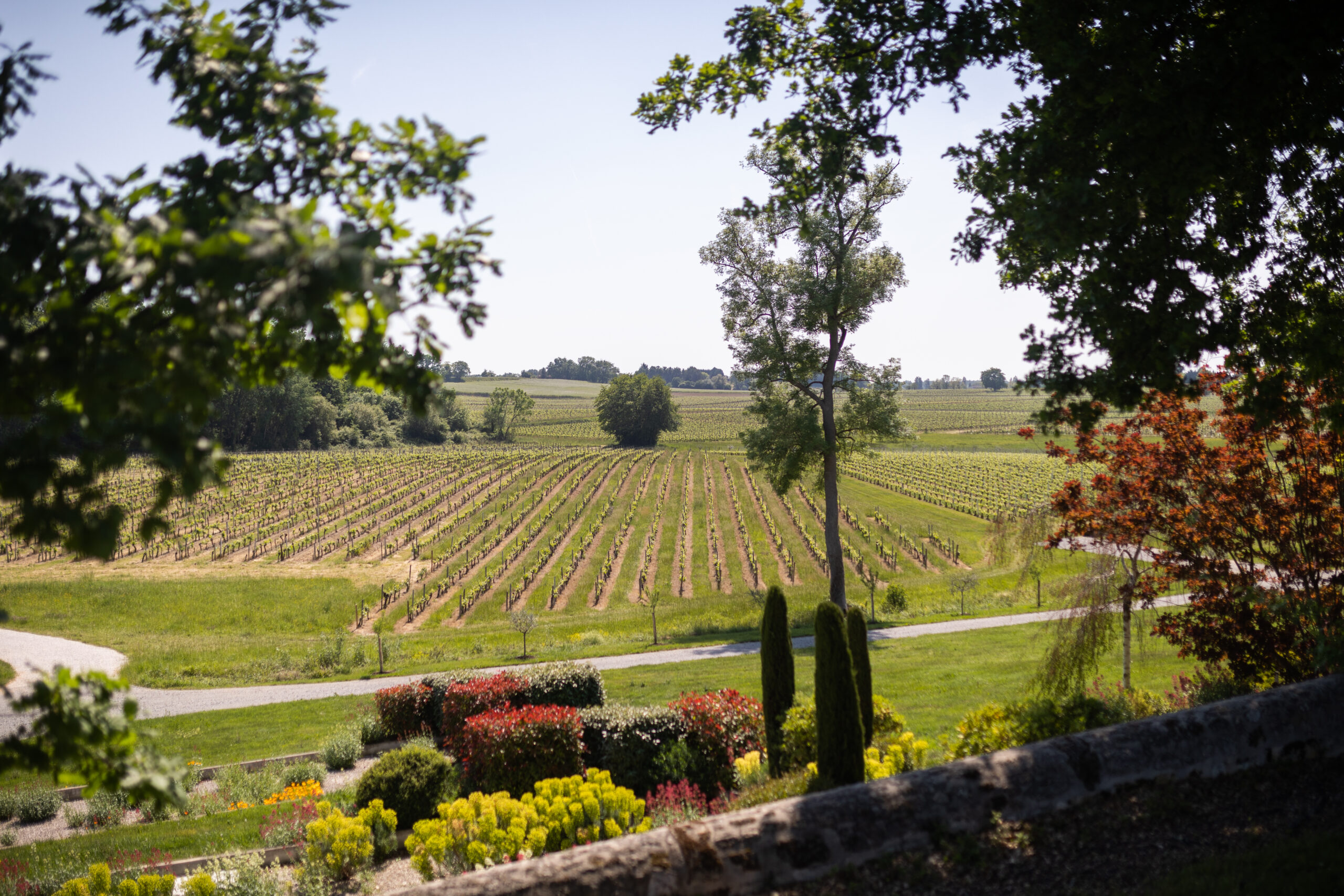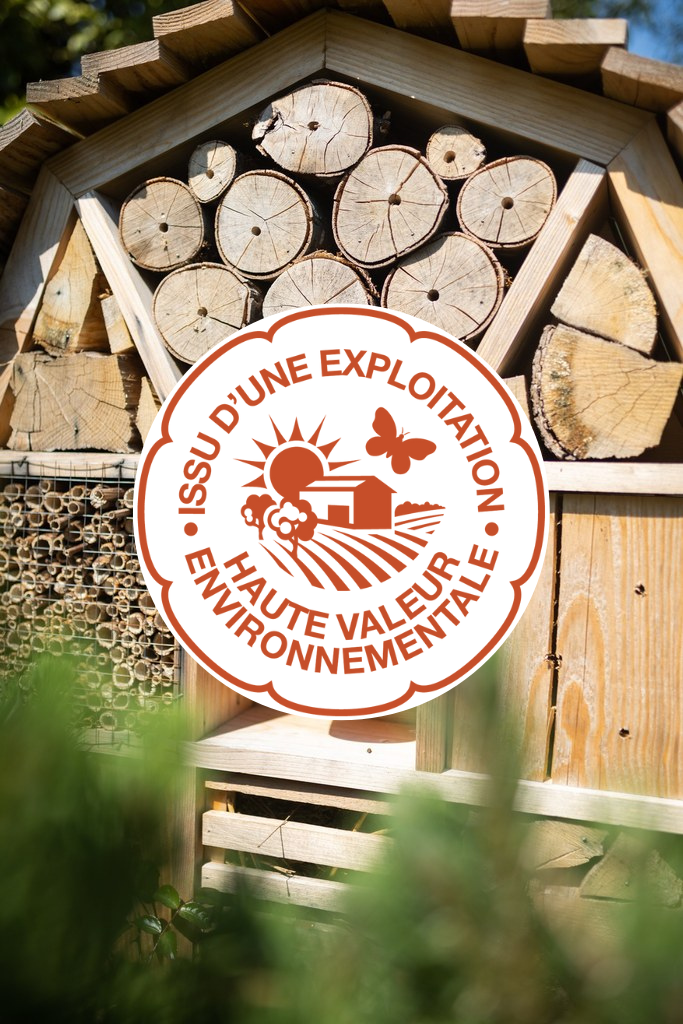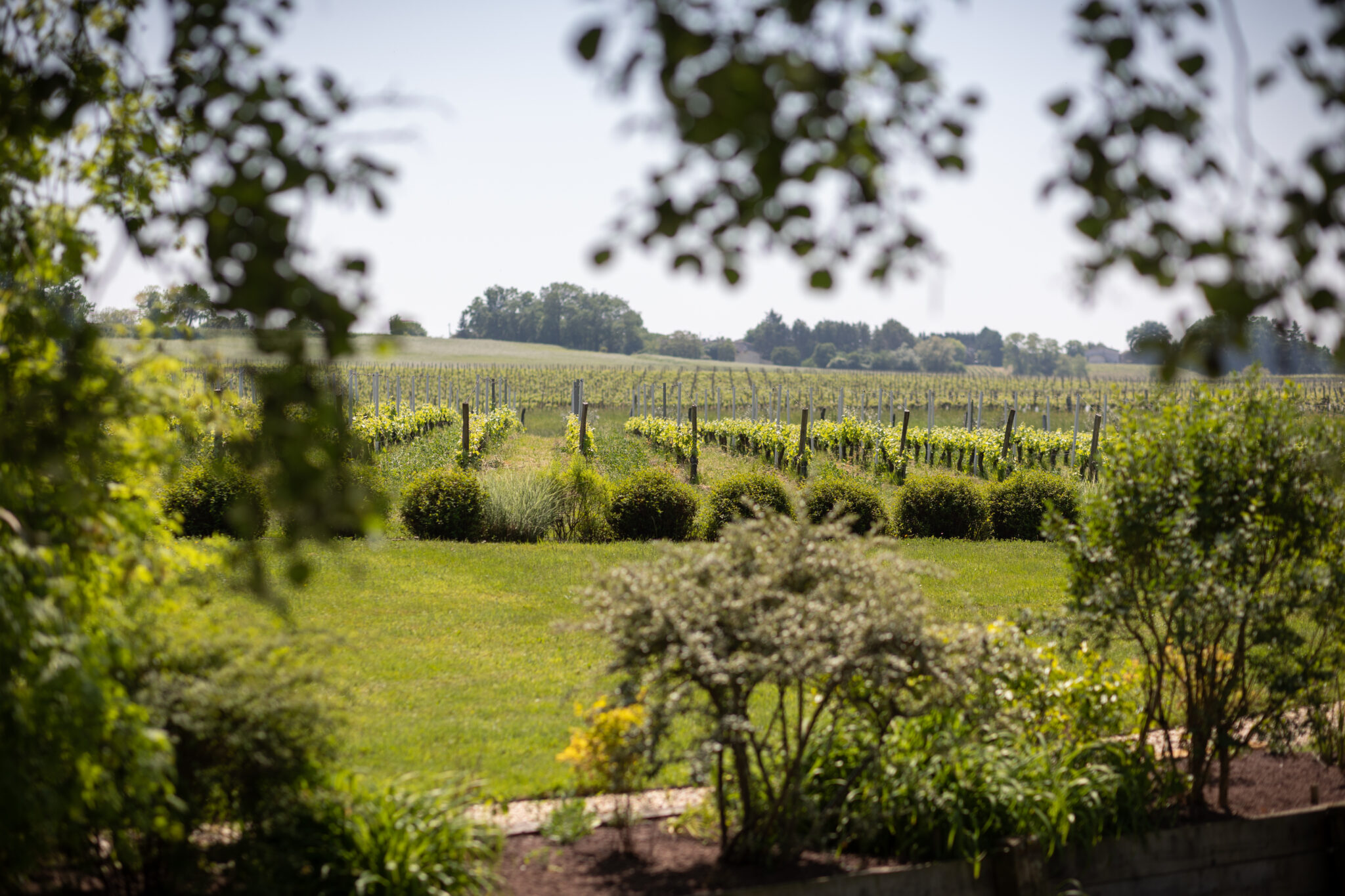



High Environmental Value (HEV) certification is a level 3 certification, the highest level of environmental certification for farms alongside organic farming. It is a voluntary process that commits winegrowers to continuous improvement of their viticultural practices in terms of :
To obtain this certification, growers must meet objectives measured by environmental performance indicators.
Saint-Emilion’s vineyards are home to some 580 HEV-certified winegrowers, spread as follows:
The High Environmental Value (HEV) certification standard is built around 4 indicators that guide farmers in their environmentally-friendly viticultural practices. These indicators are as follows:
1. Preservation of biodiversity: This indicator aims to promote the conservation and protection of biodiversity on the vineyard. Winegrowers must implement measures to encourage the presence of insects, trees, hedges, grass strips and flowers, which are essential for biological diversity. The creation and maintenance of these biodiversity-friendly habitats contribute to the preservation of ecosystems and the promotion of a healthy environment for living organisms.
2. Phytosanitary strategy: This indicator focuses on reducing the use of phytopharmaceutical products, such as pesticides, herbicides and fungicides. Winegrowers must adopt agro-ecological practices to limit risks to human health and the environment. This includes using alternative pest control techniques, promoting natural crop resistance to disease and optimizing phytosanitary treatments to minimize negative impacts on the environment.
3. Fertilization management: This indicator aims to optimize the use of fertilizers, while minimizing the environmental impact of their use. Winegrowers must implement reasoned fertilization practices, based on an analysis of actual crop needs, to avoid excess and leakage of nitrogen and phosphorus into the environment. Appropriate fertilizer management contributes to preserving water quality, soil health and reducing the eutrophication of ecosystems.
4. Irrigation management: This indicator concerns the efficient use of water in agricultural practices. Winegrowers must implement measures to optimize irrigation according to the real needs of the crops, avoiding wastage and minimizing water losses. Responsible irrigation management preserves water resources, reduces pressure on local water resources and promotes sustainable use of this precious resource.
Each indicator is made up of several items, defined by thresholds to be reached in order to obtain points. The winegrower must accumulate at least 10 points on each indicator to validate certification.
HEV (High Environmental Value) certification is awarded for 3 years by an independent inspection body approved by the French Ministry of Agriculture. It can be managed individually by the farm, or as part of a collective structure. Regular audits are carried out to ensure compliance with environmental performance indicator thresholds.

The HEV certification represents a strong commitment by winegrowers to preserving the environment and ensuring the sustainability of their farms.
Certified winegrowers undertake to implement specific measures to limit the pressures exerted on ecosystems. They must maintain a high level of environmental performance throughout the period of validity of the certificate, which requires ongoing attention.